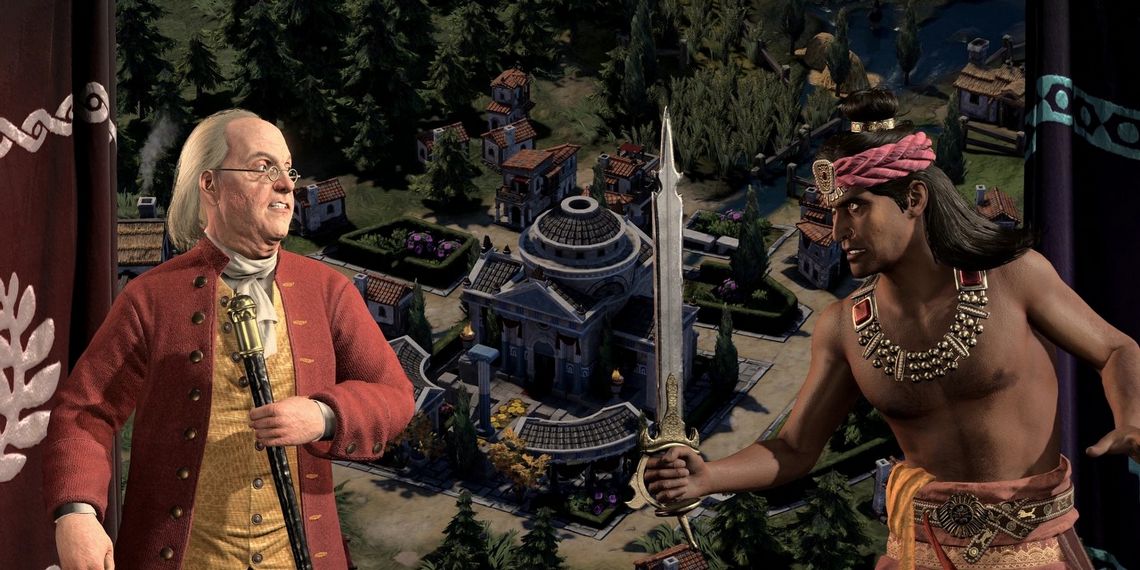Civilization 7 Director Reassures: New Ages System Actually Solves One of Series' Biggest Issues
Ed Beach of Firaxis Games assures that the new Age system in Sid Meier's Civilization 7 actually encourages finishing games that have been started.

The new Ages system in Sid Meier's Civilization 7 has solved one of the major problems of previous installments in the series. At least that's what Ed Beach, the creative director of the game, assures in an interview with Edge magazine, regarding the current testing of the new installment of the cult 4X strategy series.
The game's creators have long indicated the main reason why they decided on the "most terrible" innovation in the new game: changing the civilization when advancing to the next ages and limiting them to three. It was about players getting bored after the first 100 turns. Fans tended to start the game anew as soon as the age of great geographical discoveries ended.
Ages without being overwhelmed by decisions and management
Beach also confirmed this information. Data collected by the developer allegedly proves that players rarely finished campaigns they started.
The Firaxis Games studio assumes that the "seventh" Civilization will continue to provide players with new discoveries even in the modern age (although the exact solution hasn't been revealed yet). This will make fans play until the very end and they won't be overwhelmed by too many decisions and matters to manage.
The number-one issue that the Ages system solves for us is it helps you to get towards the end of a game, and not feel like you're overwhelmed with too many things to manage, too many decisions to make to get through each turn.
At least that's the assumption of the devs. However, the history of games shows that changes and ideas that seem brilliant in the minds of developers often turn out to be failures in practice, sometimes completely ruining the gaming experience. So it's no wonder that despite the developers' assurances, fans had serious concerns about the new Ages system. Especially since this mechanic was similar to the solution from another 4X strategy game that didn't achieve much success.
Do tests confirm the positive effect of new Ages?
However, based on previous comments from the developers, it's clear that Firaxis studio is aware of the risk, especially in the context of criticism of similar mechanics in Humankind. That's why the team is intensively testing the "seventh" Civilization. Ed Beach claims that daily playtesting sessions for Civilization 7, involving designers and testers, have revealed that more players are now able to finish the game and that their campaigns end in an "interesting" way.
Tests in the studio itself, with the participation of a relatively small number of people, aren't enough to guarantee the success of the game on the market. Nonetheless, it's a good sign for fans who agree that the problem of a less exciting endgame was a major issue even in the previous installment of the series.
As Internet users admit, the players were far too often already in a very strong position, and victory was only a formality - one that required playing dozens or hundreds more turns. As a result, even people who have spent hundreds or even thousands of hours playing Civilization VI tend to restart the game after the first 200 turns.
However, only when players get their hands on the seventh installment will we find out whether the new Civilization will actually fix this problem, not only in controlled conditions but also without introducing new issues to the series.
Sid Meier's Civilization 7 will be released on February 11, 2025, on PC, PS5, and XSX/S.
More:Civilization 7 without modern times on day one. Firaxis discussed modern age
